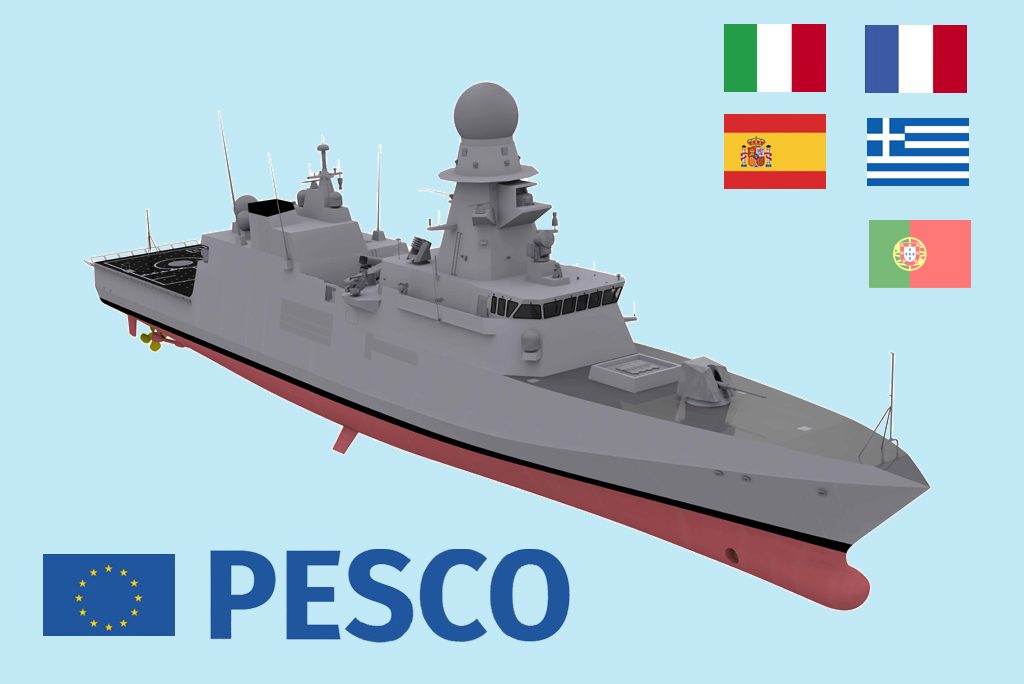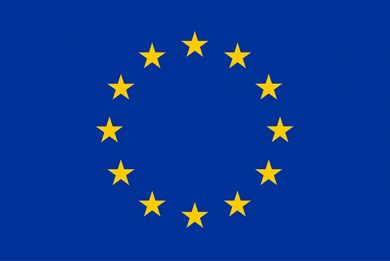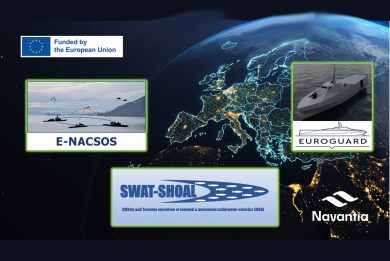
Initial Consortium Agreement for EDF ‘Call 2’ of the Modular and Multirole Patrol Corvette Project signed today at Euronaval.
Genoa/Paris/Rome/Madrid/Athens, November 4th 2024 – On the sidelines of the Euronaval exhibition in Paris and following the selection by European Commission in May 2024 of the proposal submitted on November 22nd 2023 by a Consortium of three European shipyards, Navantia (ES), Fincantieri (IT) and Naval Group (FR), together with Naviris (FR/IT), the CEOs of the four Companies have met today for the signature of the Initial Consortium Agreement which aims to rule the execution of the second phase (Call 2) of the Modular and Multirole Patrol Corvette (MMPC) Project. This Consortium is expected to be joined by the Greek engineering company HYDRUS. The Grant Agreement relevant to the Call 2 will be discussed with OCCAR-EA, delegated by the European Commission.
Building on the foundational MMPC Call 1 project (2021) and in the PESCO framework, the commitment by Industry is intensified in MMPC Call 2 and supported by the selection of the proposal by the European Commission (EC) for the maximum EDF budget of 154,5 M€. As identified by the EC, this next step is to be managed by OCCAR-EA, on behalf of the EC.
For this new step, the co-financing commitment of Italy, Spain, France and Greece will reflect a shared investment in the common security and defence objectives outlined by PESCO and the European Commission.
The second phase of the MMPC Project aims at completing the design of the Corvettes and integrating innovative technological bricks which will enable the vessels to host several systems and payloads and perform a broader range of tasks and missions. Furthermore, the second phase of the project will encompass the start of the production of the two first prototypes of the Corvettes: one Long Range Multipurpose version (LRM) and one Full Combat Multipurpose version (FCM) that will make up a base for the future national fleets of advanced corvettes with the final goal of expanding the level of commonality, interoperability and standardisation between the different Member States’ Navies and contributing to five key elements for European autonomy: Economy, Defence, Technology, Industry and Security.
File image courtesy OCCAR



